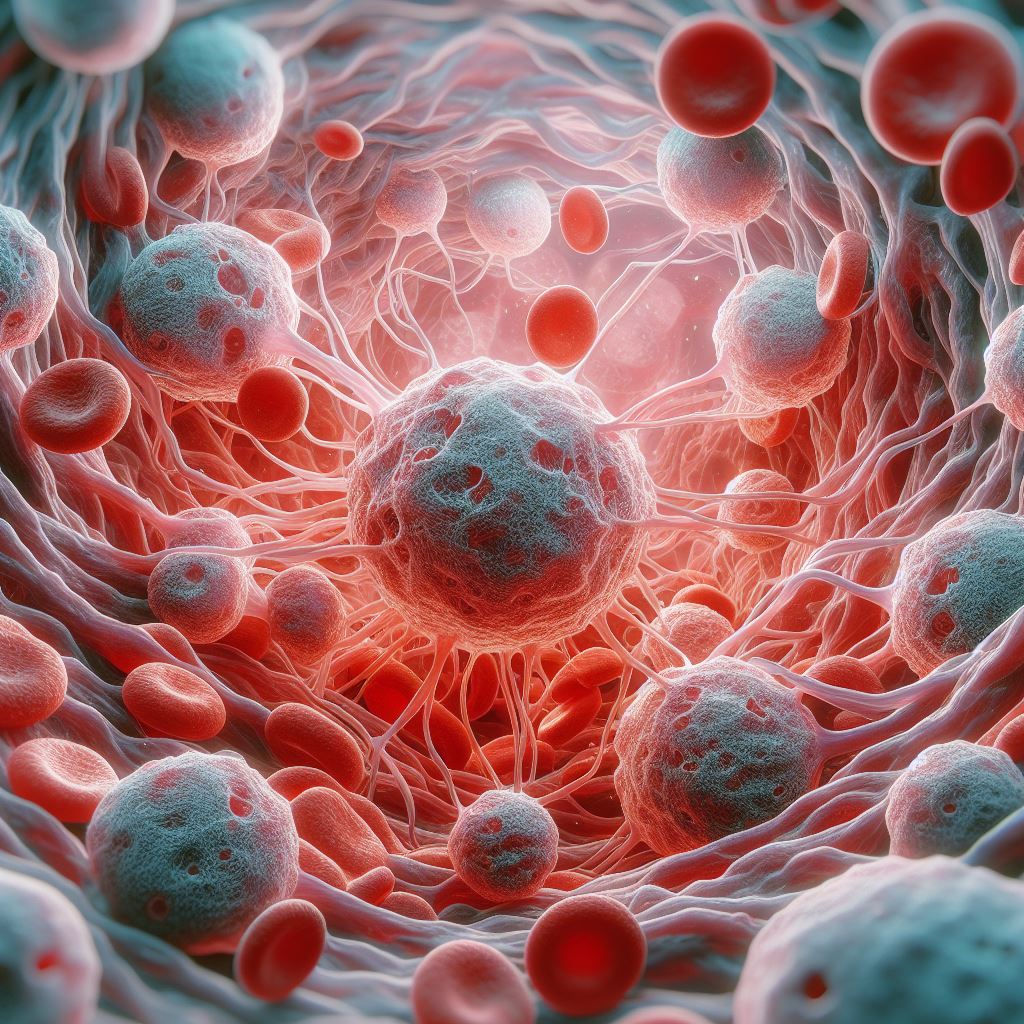According to a recent study conducted by experts from the University of Michigan and Moffitt Cancer Center, artificial intelligence (AI) can assist medical professionals in making better judgments on cancer treatment. It also draws attention to the difficulties in collaborating between doctors and AI.
Their findings were published in the journal Nature Communications.
High-energy radiation is used in radiotherapy, a popular cancer treatment, to destroy or reduce tumors. The research examined a therapeutic strategy called knowledge-based response-adaptive radiation therapy (KBR-ART). By recommending treatment modifications based on the patient’s response to the therapy, this approach leverages AI to maximize treatment results.
According to the study, physicians made more consistent selections and reduced discrepancies in their choices when they utilized AI to assist in selecting the optimal course of treatment. But doctors’ opinions weren’t always altered by the technology. In certain instances, physicians rejected the AI’s recommendations and chose treatments based on their expertise and the patient’s needs.
While AI offers insights based on complex data, the human touch remains crucial in cancer care,
Issam El Naqa
Also Read: Scientists Use Artificial Neurons to “Imitate Real Biological Processes”
Although AI can be a useful tool, the researchers pointed out that for it to be effective, clinicians must have faith in it. According to their research, when doctors had confidence in AI’s advice, they were more likely to heed them.
Our research shows that AI can be a powerful tool for doctors,
But it’s important to recognize that AI works best when it’s used as a support, not a replacement, for human expertise. Doctors bring their expertise and experience to the table, while AI provides data-driven insights. Together, they can make better treatment plans, but it requires trust and clear communication.
Dipesh Niraula
Physicians were required to decide on cancer patients’ treatments, initially without the aid of technology and later with AI’s support. The researchers’ AI system recommends adjustments to radiation dosages based on patient data, including test results and medical imaging. Some physicians thought the recommendations were useful, but others wanted to use their own discretion.
Source: Moffit Cancer Center – News
Journal Reference: Niraula, Dipesh, et al. “Intricacies of Human–AI Interaction in Dynamic Decision-making for Precision Oncology.” Nature Communications, vol. 16, no. 1, 2025, pp. 1-19, DOI: https://doi.org/10.1038/s41467-024-55259-x.
Last Modified:






